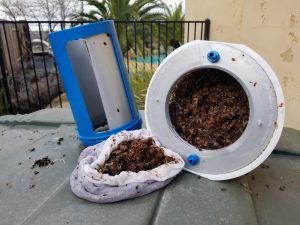With the Game Developer’s Conference in full swing in San Francisco this week, we’re beginning to hear a lot from various developers about their experiences developing for certain platforms. IGN recently had a chance to sit down with Retro president Michael Kelbaugh to discuss the challenges of developing for the Wii U and what it’s like working as a second party developer for Nintendo. Perhaps the most profound thing Kelbaugh had to say was discussing the Nintendo way of developing games, which is not how the Western world approaches game development.
For a lot of western developers, when an idea comes up that pushes you beyond the scope of the schedule, you automatically say no, whether it’s a good idea or a bad idea. That’s not the Nintendo way. If it’s a good idea, we’ll find time to make it.
This direction of thought is the main reason why Donkey Kong Country: Tropical Freeze was delayed from a December title to late February and explains why Nintendo was comfortable with the delay. So what about the Wii U? That’s the biggest factor in change between Donkey Kong Country Returns and its sequel on the Wii U. According to Kelbaugh, the new system took some adjusting to get used to developing, but overall it was a positive experience for the team.
The Wii U is a powerhouse of technology that we had to transition to. We had brand new tools, brand new engine, brand new everything. There was a lot of unknowns. From a technology standpoint we’re trying to develop that technology while we’re developing a new game at the same time. That was really challenging.
Of course, Retro wouldn’t be a Nintendo developer without the guidance of Kensuke Tanabe, who says early on in the project there was some resistance to the Nintendo way of doing things. But at the same time, Tanabe admits that Retro was able to provide valuable insight into American culture and what Western gamers like to see in their games. If you’d like to read the full interview, you can find it here.









